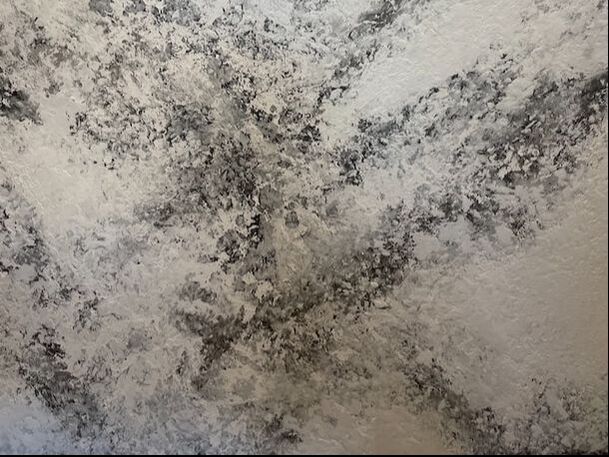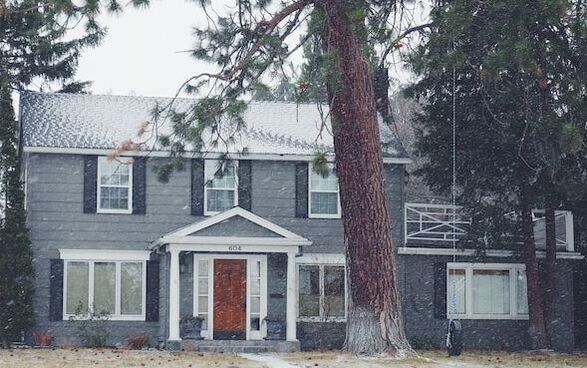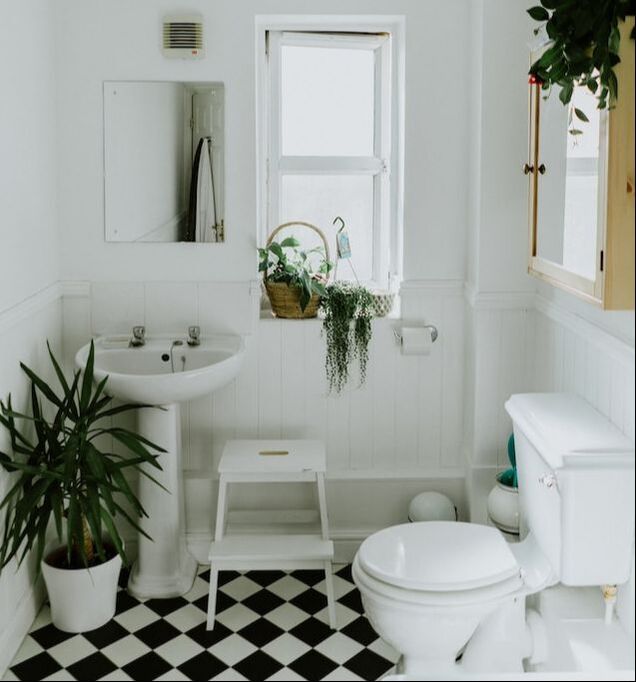|
Filing a homeowners insurance claim is a necessary step when disaster strikes, but many homeowners are concerned about the potential impact of a claim on their insurance rates.
Does your insurance premium go up after filing a claim? Here's the answer, along with some clarification: Going on vacation is an exciting time to get away and make memories with family or friends. While you're busy planning activities and making travel arrangements, it's easy to not think about potential issues that could occur at home while you're gone.
One of the most devastating events is water damage. Imagine walking into your home only to be met with: several inches of water wetting your feet, or seeing a section of the ceiling hanging down and dripping water Not exactly the welcome home you were expecting. It's natural to think "it won't happen to me" and not take precautions to protect your house from a water catastrophe. But there are a few small actions you can take before you leave to minimize the risk of having to deal with a major headache when you get home. Here are 3: We're well into severe storm season and have already seen some storms cause damage in our area. Before the next storm blows through, there are things you can do quickly beforehand to minimize weather-related damage and prevent an insurance claim.
In addition to tips I've mentioned before, here are 3 more tasks you can do now: Living in high relative humidity climates like we have in Georgia and South Carolina increases the possibility of mold developing in our homes.
Anytime thick, humid air interacts with surfaces that are cooler than the air around them, condensation occurs. That makes a great environment for mold spores to attach to and grow. Those conditions are more prone to show up in bathrooms, kitchens, basements - where condensation and water are likely to be present. So the question I get is: does homeowners insurance cover mold? The temperatures are cooling down, and fall has finally arrived.
Did you know there are certain types of insurance claims that are more prevalent during the fall and early winter seasons? Here are the top ones: Many insurance policy holders are getting a big surprise when they receive their upcoming renewal notices.
The news in a nutshell? Losses on the part of insurance companies are finally being seen in premium increases in renewal notices... AND as important, if not more so: insurance companies are also pulling out of certain states or disallowing new and policy renewal approvals. Why the sudden action on the part of carriers? Small drips can turn not only into wasted water and increased utility costs but also into a nightmare water damage insurance claim. The EPA says 10% of homes have water leaks that exceed 80+ gallons/day. Yes, per DAY.
Some leaks are visible and can be taken care of, but other leaks can be covered and unknown to homeowners. These are the ones more likely to cause unforeseen structural damage to your home but there are ways to detect them before that happens. How can you find these hidden leaks before they cause damage? Check these places: |
AuthorDennis Lam Archives
July 2024
Categories
All
|







 RSS Feed
RSS Feed
